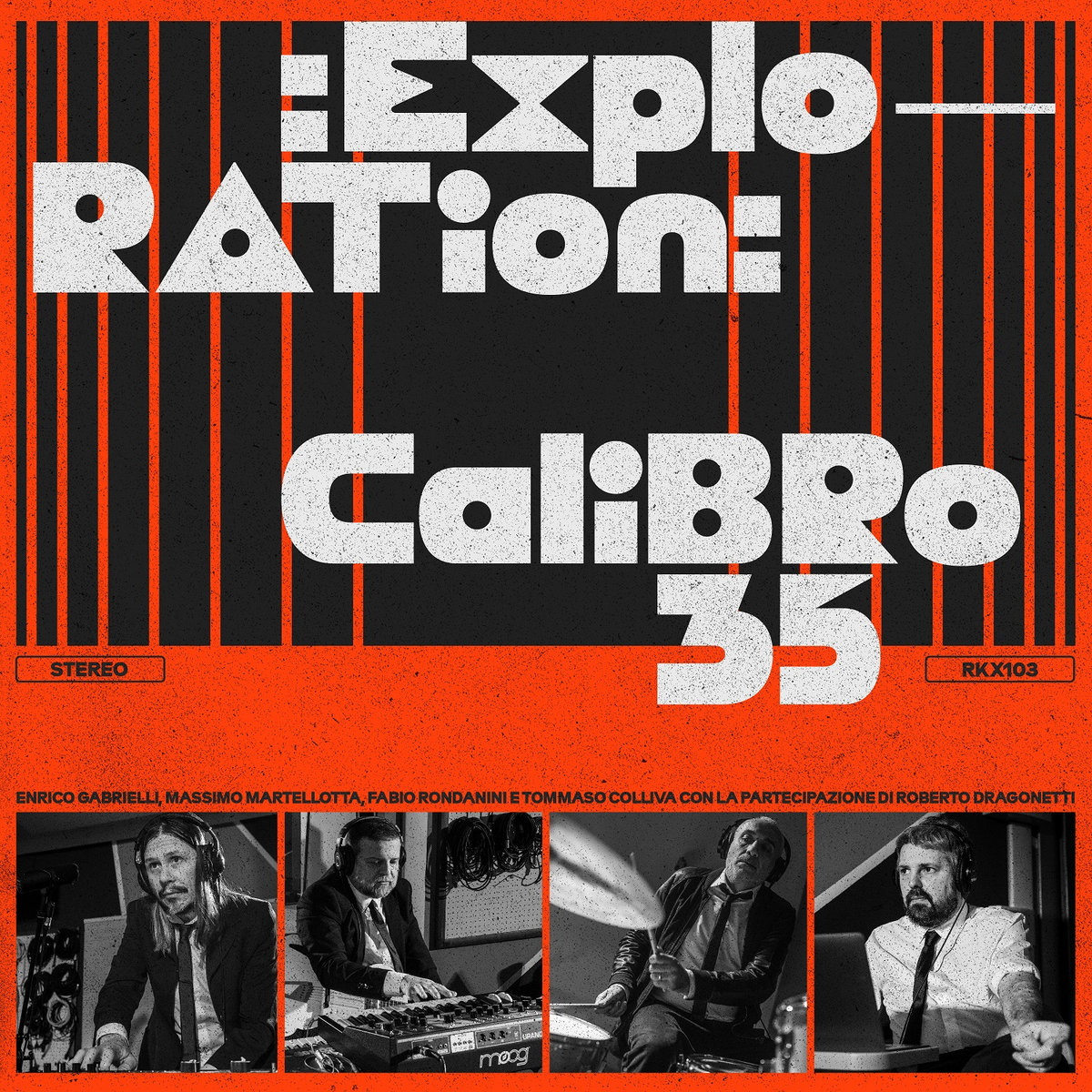If a note can be public, it should be
Quoting Dries Buytaert: A few years ago, I quietly adopted a small principle that has changed how I think about publishing on my website. […] The principle is: If a note can be public, it should be. Unconsciously, I am trying to do the same, as you might have noticed by the increased activity on this website. Maintaining consistency can be challenging, but it’s worth the effort.

